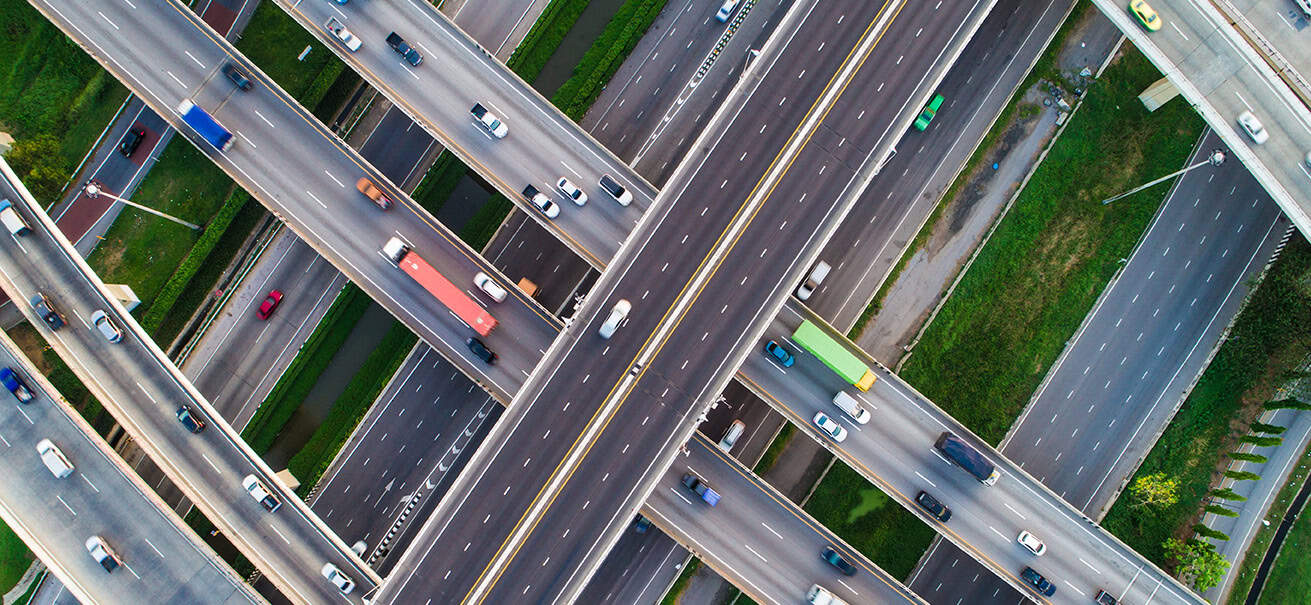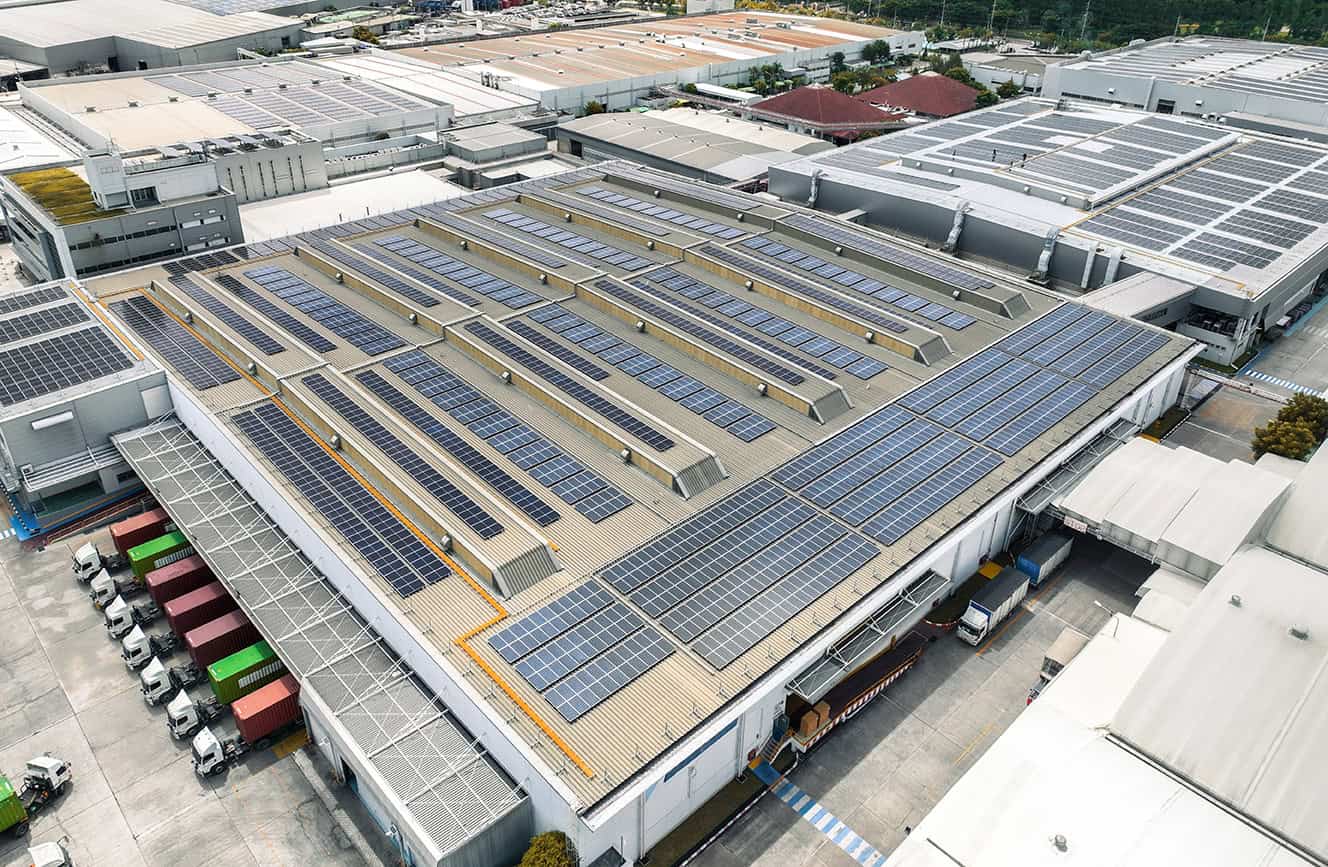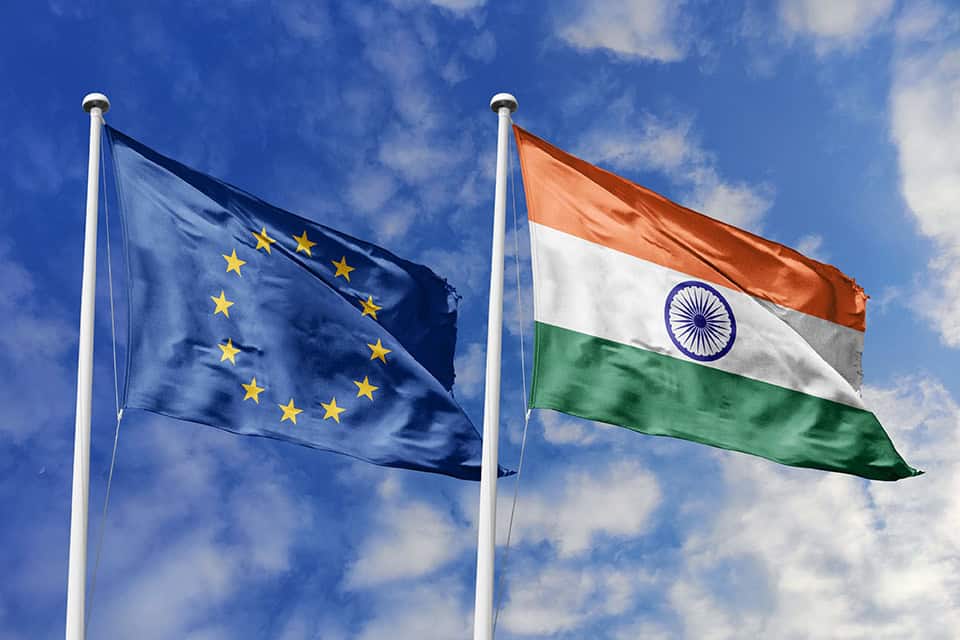
Earlier this year, we published a blog on customs modernization efforts with a broader scope across the EU, UK, and US. If you are involved in cross-border trade with members of the European Union (EU), you’re likely well-versed in Import Control System 2 (ICS2), the multi-year customs technology upgrade. The EU has increased its focus on heightening supply chain security and safety via the enormous innovation ICS2 will deliver when complete.
This blog provides more background on ICS2 for those unfamiliar with the initiative or companies considering entering the EU market.
Identify, protect, and respond
ICS2 is the EU customs advance cargo information system that collects more mandatory data elements for all goods entering the EU (including Norway, Switzerland, and Northern Ireland) before they arrive in a member nation. The system will help EU customs authorities ensure the security and safety of all EU residents. All parties involved with importing goods to the EU must be familiar with ICS2 requirements, as non-compliance can lead to additional scrutiny, delays, and shipment penalties.
ICS2 represents a significant step towards the EU’s efforts to secure its supply chain and streamline customs procedures. The benefits greatly favor the member nations and people, but shippers can also realize value in the following ways:
- Allowing EU Customs authorities to identify high-risk consignments more accurately and proactively intervene when potential risk is identified
- Facilitating fast and smooth cross-border clearance for most shipments with reduced business delays and costs
- Simplifying the exchange of information between Economic Operators (EOs) and EU Customs Authorities
ICS2 will directly affect all Economic Operators involved in handling, shipping, and transporting cargo, express or postal consignments, such as postal operators within/beyond the EU, express delivery services, air cargo carriers, freight forwarders, third-party logistics companies, ultimate consignees, and maritime, railway, and road carriers.
These economic operators must provide the safety and security screening data to the ICS2 portal through the Entry Summary Declaration (ENS). This new system will indirectly affect all manufacturers, exporters, and individuals outside the EU wishing to send goods to or through the EU. They will have to provide the necessary information to the directly affected stakeholders.
The system is being operationalized in three releases. Economic Operators will begin declaring safety and security Entry Summary Declaration (ENS) data to ICS2 in a phased approach based on the type of services they provide concerning the international movement of goods. Each release affects different Economic Operators (EOs) and modes of transport. EOs will begin declaring to ICS2 depending on the type of services they provide.
Release 1: As of 15 March 2021, express carriers and designated postal operators established in the European Union (destination posts) were required to provide the minimum set of advance electronic data through electronic Entry Summary Declaration (ENS) to the ICS2 for all goods in consignments they are responsible for bringing into the EU.
Release 2: As of 1 March 2023, air cargo carriers will be required to provide a full set of advance electronic data through electronic ENS to ICS2 for all goods they are responsible for bringing into or moving within or out of EU Customs territory. This release also covers express carriers who are also air cargo carriers.
Release 3: As of 3 June 2024, maritime, rail, and road carriers, as well as freight forwarders, will be required to provide a full set of advanced electronic data through electronic ENS to ICS2 for all goods they are responsible for bringing into or moving within or out of EU. This release also covers ultimate consignees established in the EU who receive goods via maritime transport.
Check the official ICS2 website and resources for the latest information, key dates, guidance, and frequently asked questions (FAQ) on ICS2.
Facilitating trade
If you are an Economic Operator affected by ICS2, we suggest the following steps and strategies for adapting your organization to the new requirements.
- Assess your current business processes and systems and identify any gaps or changes needed to comply with ICS2 requirements.
- Update your IT systems and software to ensure compatibility with ICS2 formats and standards.
- Train your staff on how to use ICS2 and how to handle any issues or errors that may arise.
- Communicate with your business partners and customers about ICS2 and ensure they provide accurate and complete information about the goods you are transporting or receiving.
Helping you be compliant
E2open Customs Filing application automates customs declarations and filings in accordance with the latest regulations and agency requirements around the world with greater efficiency and peace of mind from compliance risk. The application is continually upgraded with quarterly releases to comply with customs modernization actions to keep your goods flowing without customs delays.
The application is certified by the European Commission for the first two releases of ICS2 requirements at the time of the publication of this blog. Rest assured, the application will be ready for release by the EU Commission deadline.
Are you interested in learning more? Contact us to speak with one of our global trade experts.




